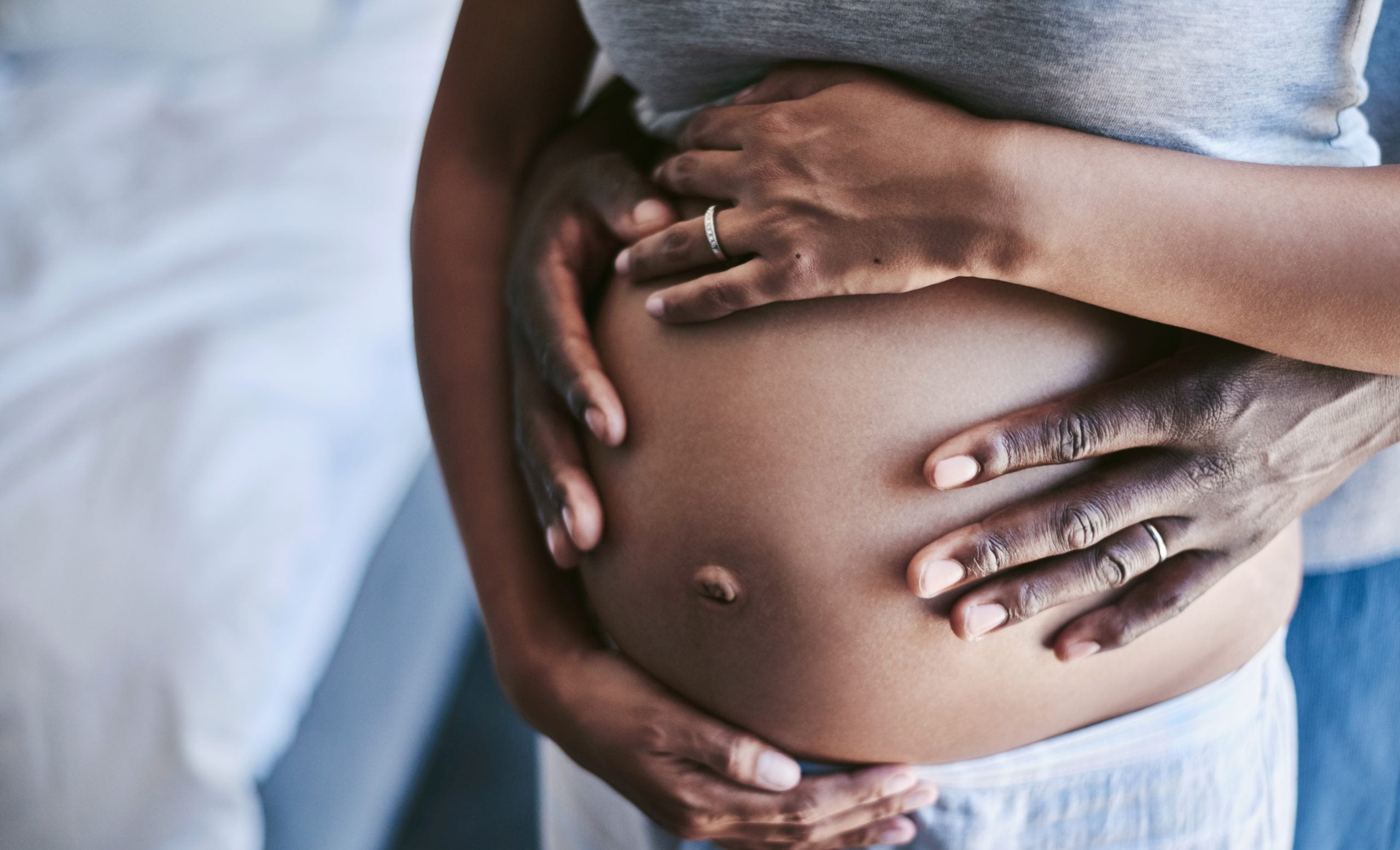
According to the Centers for Disease Control and Prevention, each year in the United States, approximately 700 people die during pregnancy or in the year after. Another 50,000 women each year experience severe pregnancy complications. Black women are far more likely than White women to experience death during childbirth or severe pregnancy complications. Multiple factors contribute to these disparities, such as variation in quality healthcare, underlying chronic conditions and implicit bias.
“America is reckoning with the many systemic factors that contribute to poor maternal outcomes for women and birthing people, especially those of color,” explains Brooke A. Baker, communications manager of Black Mamas Matter Alliance (BMMA). She continues, “However, with the increasing threat of COVID-19, most do not understand how this also exacerbates the intersecting brutal hardships Black mothers face. The truth is: Black women are three times more likely to experience a pregnancy-related death than white women.”
ESSENCE teamed up with BMMA to provide a comprehensive resource guide for new and expecting Black mothers. Recognizing the warning signs, providing timely treatment and quality care can help prevent pregnancy-related deaths. So, feel free to bookmark this page and share the link with women who are pregnant, trying to get pregnant or who have just delivered a child. Doing so might save a life.
I. PUBLIC HEALTH RESEARCH AND INITIATIVES
- Association of Maternal & Child Health Programs (AMCHP): provides resources aimed at improving the health of women, children, youth, and families, including technical assistance, best practices, and convening opportunities; serves as a partner and advocate for state public health leaders and other maternal and child health stakeholders who make up its membership.
- Every Woman Southeast: connects a coalition of partners across nine southern states focused on improving women’s health and health equity over the life course; provides resources and training; conducts research; builds leadership across the Southeast; and emphasizes women’s participation in health policy decisions.

II. PROVIDERS AND PROFESSIONAL ORGANIZATIONS
- Commonsense Childbirth: provides midwifery services using an approach to maternal child health care developed by founder and midwife Jennie Joseph (called The JJ Way); provides perinatal training and certification programs to address maternal health provider workforce shortages and increase provider diversity; provides an empowering model of care that has successfully reduced racial disparities and poor outcomes while expanding access to safe and respectful maternal health care.
- Feminist Women’s Health Center: provides reproductive health services, community education, and policy advocacy in Atlanta; sustains a state legislative agenda focused on public policies that enable a full range of reproductive health rights and options for all; offers an online advocacy toolkit to help advocates in Georgia engage with their lawmakers.
III. ADVOCACY
- Childbirth Connection: engages consumers to improve the quality of maternal health care; advocates for evidence-based, high quality care, shared decision-making, and improved health outcomes; maintains a directory of maternal and perinatal care quality collaboratives; publishes reports and surveys including the Transforming Maternity Care project, which identifies an action plan for improving maternity care in the U.S.
- Choices in Childbirth: provides expectant parents with information and education so they can experience the birth they want and choose; conducts education and advocacy activities to expand families’ choices about where, how, and with whom to birth.
- National Birth Equity Collaborative: engages in research, advocacy, and family centered collaboration to reduce African American infant mortality; mobilizes health and civil rights organizations; and targets ten U.S. cities with the highest Black infant mortality rates and provides support to local leaders through the Campaign for Black Babies.